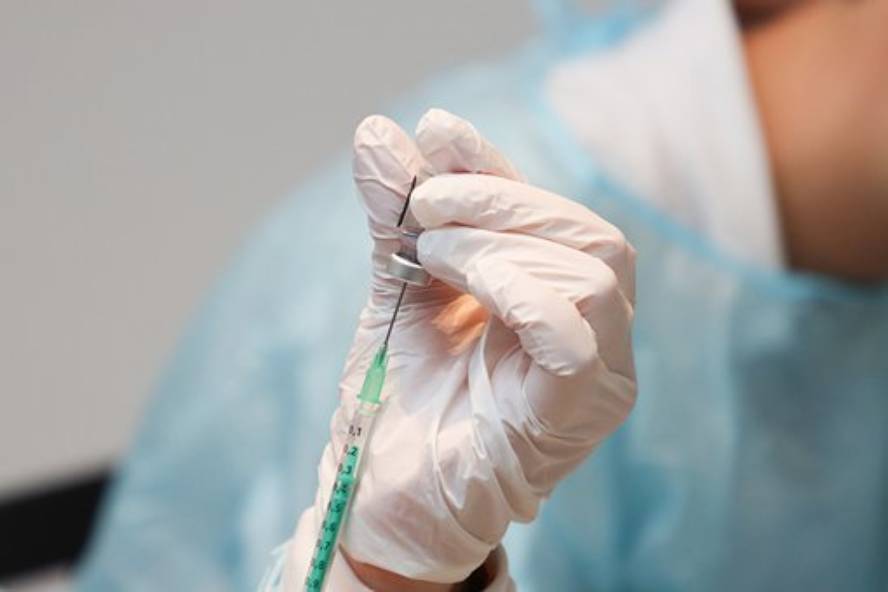Generalization of booster dose under discussion
In many countries, including Spain and France, it has been decided to generalise the booster dose as an additional measure to address the omicron variant. In fact, during laboratory tests it was found that the omicron variant was able to overcome the protection caused by a previous infection and also by vaccination. Before this, the administrations decided to apply it to older adults and people with immunodeficiencies, as scientific evidence showed that, six months after the second dose, the protection by antibodies decreased considerably. Given that the S? -CoV-2 is particularly detrimental to the above-mentioned groups, a third dose (booster dose) was chosen, and that the extension of the omicron variant was the correct decision, as the rates of hospitalization and determination were lower among booster dose recipients.
However, there is no agreement among experts on whether all those over the age of 18 need booster doses. And that is, although antibody immunity decreases over time, they have shown that cellular immunity persists over time. The Spanish Association of Immunology, for example, has stated that healthy people aged 18-35 years do not need a booster dose at the moment, while it is necessary to investigate who needs a booster dose every certain time and of what kind.
A skin test to measure cellular immunity
On the other hand, the University Hospital of the Canary Islands has developed a simple method for measuring cellular immunity. This method can be very useful in deciding who needs the booster dose and who doesn't. In fact, antibody tests are very easy and cheap, but complex serological tests are used to measure the cellular response. Instead, Canary researchers propose a skin test.
This test is similar to the tuberculin test or the Mantoux test. A kind of S-protein of S? -CoV-2 is inoculated into the skin and if it causes inflammation it means that T-lymphocytes have responded, meaning that cellular immunity has been activated.
According to researchers, the test may be helpful in finding out, for example, if an immunodeficiency person needs another dose of vaccine.






